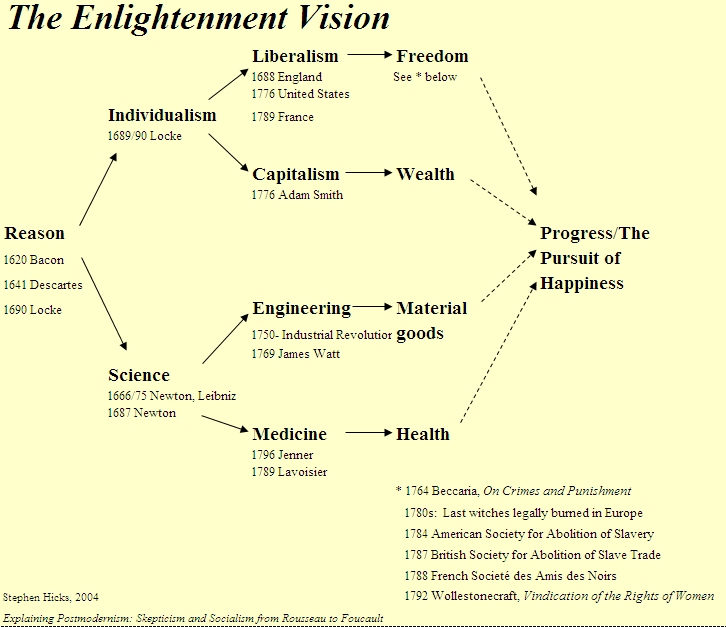Audacious historical cause-and-effect claims
In an 1846 review of Grote’s History of Greece, John Stuart Mill makes this claim: “The Battle of Marathon, even as an event in British history, is more important than the Battle of Hastings.” My first reaction to Mill’s sentence was agreement. My second reaction was to the audacity of the claim and to wonder […]
Audacious historical cause-and-effect claims Read More »
